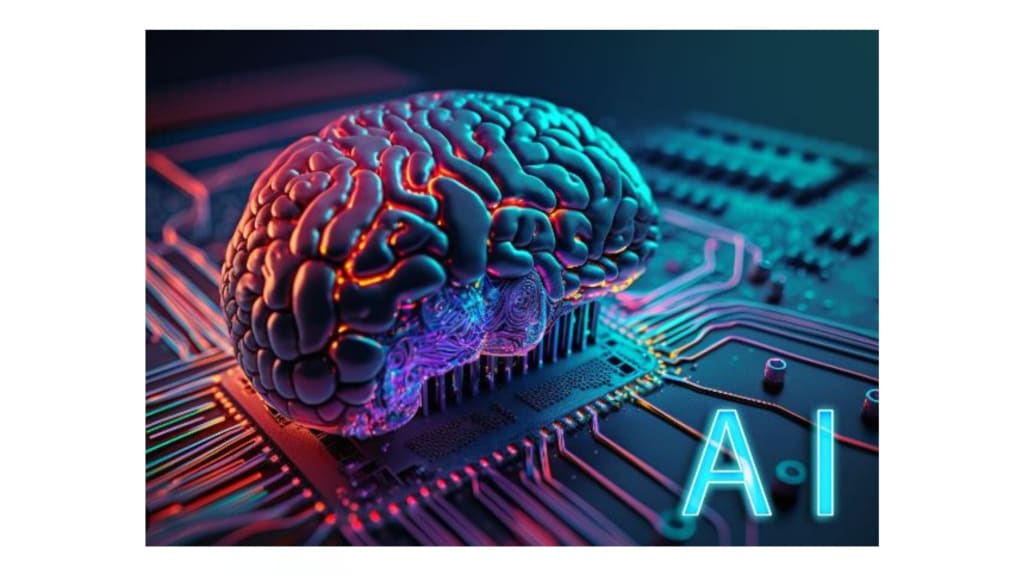
In today's rapidly advancing world, the term "artificial intelligence" (AI) has become a common buzzword. From autonomous vehicles to virtual assistants, AI is transforming various industries and reshaping the way we live and work. But what exactly is artificial intelligence, and how does it work? In this blog post, we will delve into the fascinating world of AI, exploring its definition, applications, and potential impact on society.
Defining Artificial Intelligence
Artificial intelligence refers to the simulation of human intelligence in machines that are programmed to think, learn, and problem-solve like humans. It involves the development of computer systems capable of performing tasks that typically require human intelligence, such as speech recognition, visual perception, decision-making, and language translation. The goal of AI is to create intelligent machines that can analyze vast amounts of data, extract meaningful insights, and make autonomous decisions.
Types of Artificial Intelligence
AI can be categorized into two main types: Narrow AI and General AI.
1. Narrow AI (also known as Weak AI): Narrow AI systems are designed to perform specific tasks within a limited domain. These AI systems excel at focused tasks like voice recognition, image classification, spam filtering, and recommendation systems. They operate within predefined parameters and do not possess human-like general intelligence.
2. General AI (also known as Strong AI): General AI, often portrayed in science fiction, refers to AI systems that possess human-level intelligence and are capable of performing any intellectual task that a human being can do. These systems can understand, learn, and apply knowledge across various domains. However, achieving true General AI remains a complex challenge for researchers.
Applications of Artificial Intelligence
Artificial intelligence has found its way into numerous industries, revolutionizing the way businesses operate and providing new possibilities for problem-solving. Here are some key applications of AI:
1. Healthcare: AI enables faster and more accurate diagnosis of medical conditions, assists in drug discovery, and supports personalized treatment plans. It helps in analyzing medical images, monitoring patient vitals, and improving healthcare accessibility.
2. Transportation: Autonomous vehicles powered by AI algorithms are poised to transform the transportation industry. They enhance road safety, reduce traffic congestion, and provide more efficient logistics management.
3. Finance: AI algorithms can analyze vast amounts of financial data to detect fraud, manage risks, and provide personalized financial recommendations. Chatbots and virtual assistants are also utilized in customer service and financial advisory roles.
4. Manufacturing: AI-powered robotics and automation optimize production processes, improve product quality, and enable predictive maintenance. Smart factories employ AI to streamline operations and increase efficiency.
5. Education: AI-based educational platforms personalize learning experiences, adapt to individual student needs, and offer intelligent tutoring. They facilitate personalized feedback, content recommendation, and adaptive assessments.
6. Customer Service: Virtual assistants and chatbots powered by AI enhance customer support by providing instant responses, handling routine queries, and improving overall customer experience.
Societal Impact and Concerns
While AI brings immense potential, it also raises important societal questions and concerns. Ethical considerations surrounding AI include privacy concerns, biases in decision-making algorithms, job displacement, and the potential for AI to be used maliciously. It is crucial to strike a balance between technological progress and ensuring that AI benefits society as a whole.
Conclusion
Artificial intelligence has emerged as a transformative force, revolutionizing various industries and reshaping our daily lives. With its ability to process massive amounts of data, learn from patterns, and make autonomous decisions, AI holds the promise of improving efficiency, productivity, and quality of life. As the field of AI continues to advance, it is essential to navigate its development ethically, ensuring that its benefits are harnessed responsibly for the betterment of humanity.
About the Creator
Taj Padda
Hello, I'm Taj, an avid writer and knowledge enthusiast.






Comments
There are no comments for this story
Be the first to respond and start the conversation.